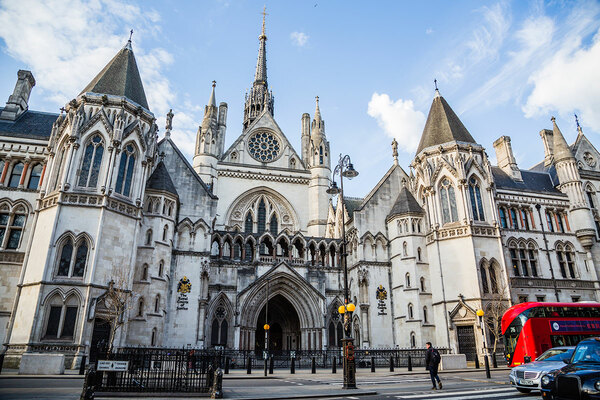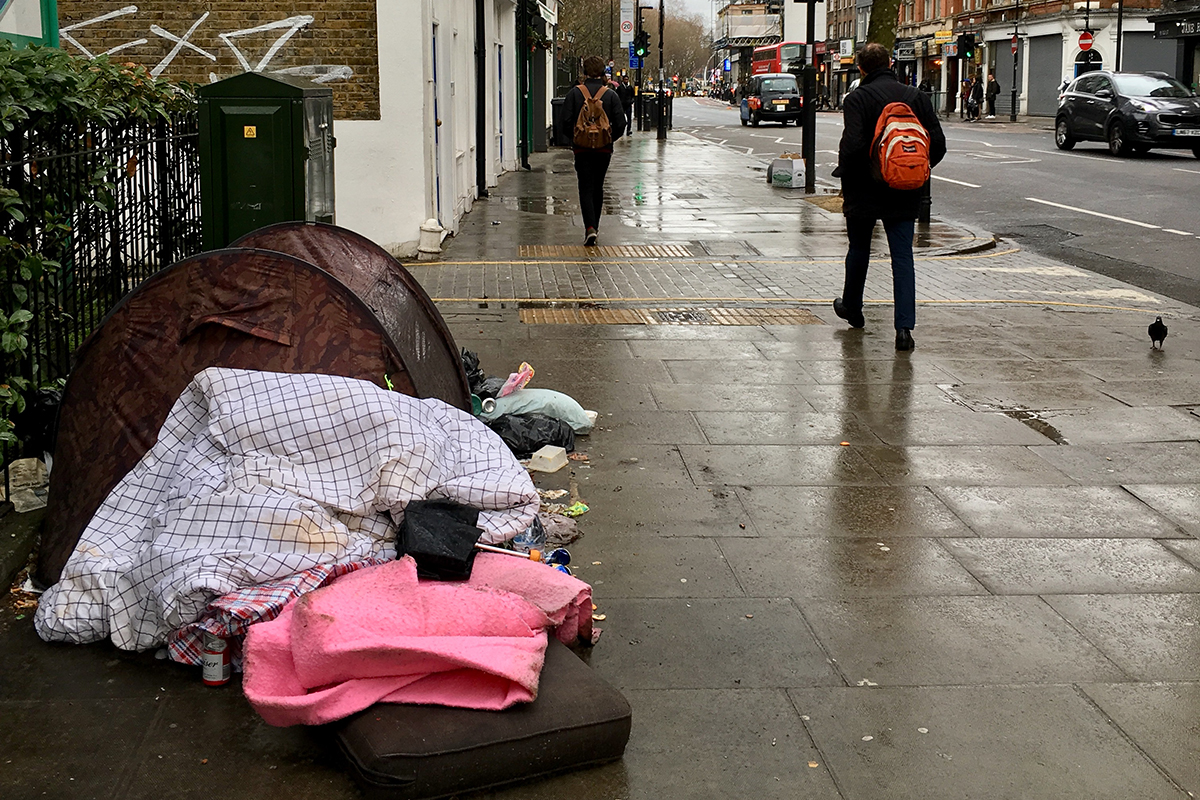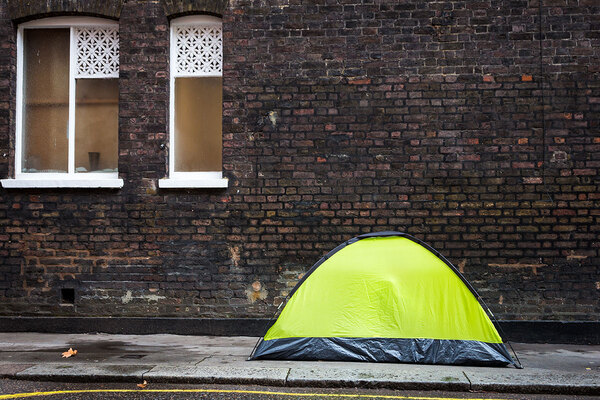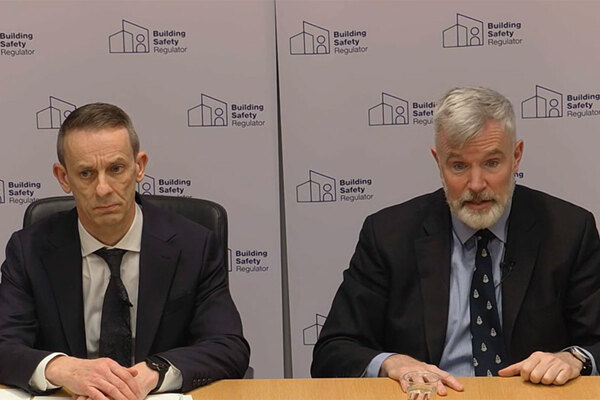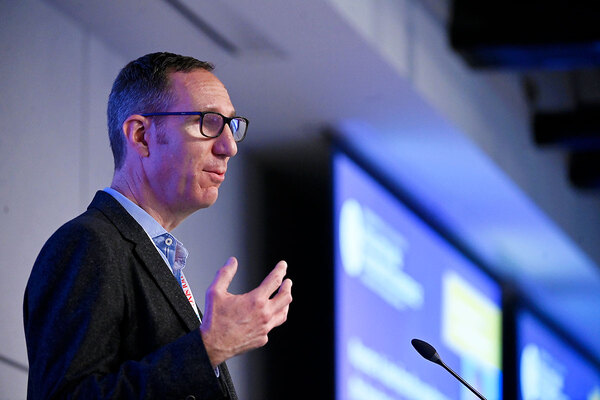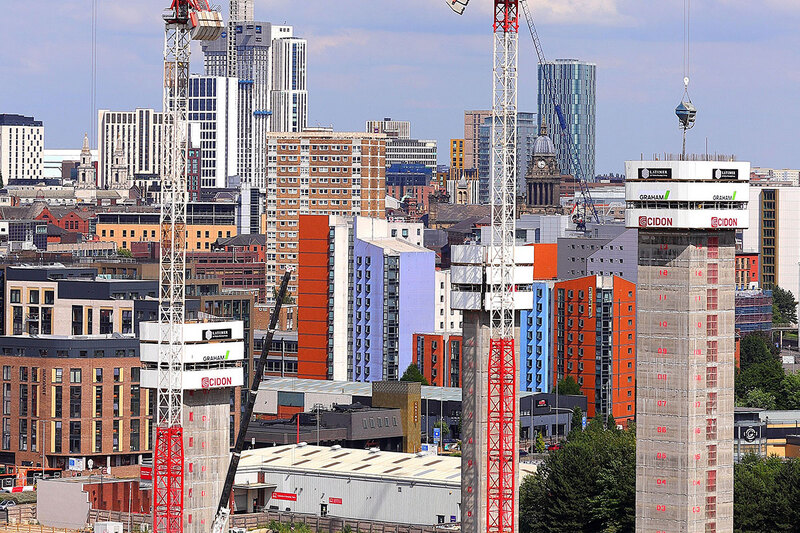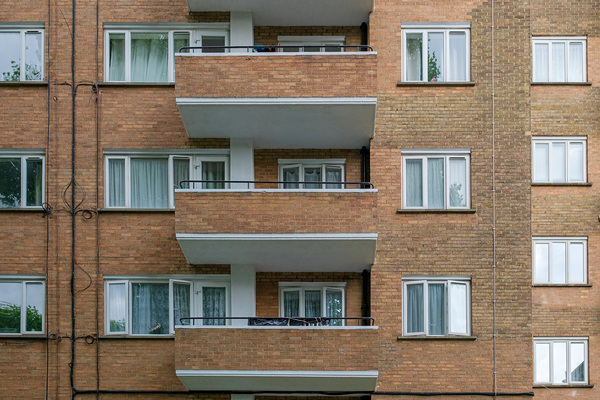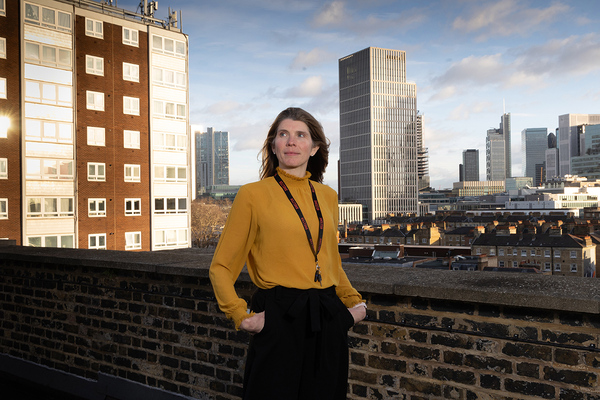Everyone In scheme began excluding rough sleepers from May 2020, government tells court
The government’s efforts to house rough sleepers during the pandemic became “nuanced” from May 2020 and no longer included all rough sleepers, a lawyer representing the government told the High Court on 16 December.
During a hearing, the government’s lawyer agreed that the Everyone In scheme changed in May to “not necessarily” apply to all rough sleepers, but argued that this change had been communicated publicly.
The comments were in response to a judicial review case being been brought against the secretary of state for levelling-up, housing and communities by a former rough sleeper.
The rough sleeper, who was denied access to homelessness accommodation this March, is arguing that the government ended its policy of telling councils to house all rough sleepers during the pandemic without communicating this message publicly.
The phrase “everyone in” refers to an initiative launched by the government in March 2020 as part of its response to the COVID-19 pandemic.
At the time, government advisor Dame Louise Casey and then-homelessness minister Luke Hall sent two letters to local authorities telling them to find accommodation for all rough sleepers, as well as those at risk of rough sleeping, by the weekend.
The letter stated that this should include those who normally have no recourse to public funds because of their immigration status.
Lawyers representing the claimant said ministers declared publicly that this scheme was still running in July this year. However, the government’s lawyers said it has been clear since May 2020 that the government did not intend local authorities to bring everyone off the streets.
The claimant, who cannot be named due to an anonymity order, is a former rough sleeper with no recourse to public funds who was denied temporary accommodation by Camden Council in March this year.
When the claimant’s solicitor threatened the council with legal action for failing to accommodate them under Everyone In, Camden said the objective of Everyone In had changed, meaning the local authority was no longer accommodating everyone.
This led the claimant to bring a judicial review case against the government, as they argue this change in policy was not communicated to the public and contradicted official communications at the time.
In court on Thursday, Jamie Burton QC, who was representing the claimant, referred to various pieces of government communication between March 2020 and July 2021 that he said implied to the public and councils that the Everyone In scheme was still running in its original form.
This included a press release published in November 2020 on the same day England entered a second national lockdown that said: “Councils asked to make sure every rough sleeper offered somewhere safe to go, as new restrictions start.”
Mr Burton also referred to a blog post that was published by the then Ministry of Housing, Communities and Local Government (MHCLG) on 7 July this year, which said: “Some media outlets are reporting claims that we have told councils that the Everyone In scheme is ending. The work of Everyone In is ongoing.”
The blog post was published one day after Inside Housing published a story that revealed the government had told councils to close the hotels they were using to house rough sleepers under the Everyone In scheme as part of the latest wave of rough-sleeper funding.
Mr Burton said the “only natural read” of MHCLG’s blog post was “that the work of bringing people off the streets is continuing”.
Another example Mr Burton provided of the government claiming Everyone In was ongoing was a statement made by rough sleeping minister Eddie Hughes in parliament on 19 July in response to a question by Layla Moran MP about whether councils had been told to end Everyone In.
Mr Hughes accused Ms Moran of “scaremongering” and said “it is categorically not the case that either charities or local councils have been instructed as the honourable member suggested”.
Mr Burton said the first time the government “confirms to the claimant that Everyone In doesn’t exist” was in its July 2021 response to the claimant’s pre-action protocol letter, in which the government said Everyone In “was not a permanent programme”.
This was “despite public statements on 7 July and 19 July that Everyone In categorically still exists and that it’s scaremongering to suggest otherwise”, Mr Burton said.
However, Jack Anderson, who was representing the secretary of state, said there was “no inconsistency between the government’s public position and some secret or unpublished position” when it came to Everyone In.
He said the original letter to local authorities in March 2020 was the only time the government “exhorts them to bring everyone in” and that “this language isn’t repeated in the subsequent official correspondence”.
Mr Anderson pointed to a letter sent by Mr Hall to local authorities on 28 May 2020, when England was beginning to emerge from its first national lockdown, that told councils to “carry out individual assessments and take decisions on who you can provide support to”.
“That passage made clear that local authorities were expected to undertake individual assessments about what support they could lawfully give on an individual basis,” Mr Anderson said, describing the government’s messaging from this point as “more nuanced”.
The judge overseeing the hearing, Mr Justice Michael Fordham, asked if at this point the answer to the question, “Is everybody in?” would be, “Not necessarily”.
“Yes,” Mr Anderson replied.
Mr Anderson also referred to a letter MHCLG sent to local authorities in September 2020 that again referred to a need to assess individuals.
“You say that’s another example of ‘not everybody’s in’?” Mr Justice Fordham asked.
“Yes,” Mr Anderson said.
Mr Anderson added that the term “everyone in” has been “used in different ways” and that it was clear in government communication from May 2020 that “it doesn’t mean everyone in terms of all rough sleepers, but is qualified”.
However, Mr Burton argued that the references to assessing individuals did not mean that the government was telling councils not to accommodate everyone, but that it was telling them they needed to assess individuals to ensure they were sleeping rough or at risk of sleeping rough in the first place.
The claimant is also arguing that the government behaved unlawfully, as it failed to consult homelessness charities on its decision to end Everyone In, despite holding regular meetings with them during the pandemic.
Mr Anderson said “engaging with stakeholders doesn’t give rise to an obligation to consult if there is a change in policy” and argued any such obligation would be “problematic”.
The claimant is asking the court to declare that the government has behaved unlawfully.
Mr Burton said it is “now incumbent on the secretary of state to clarify his position in public”.
The judgement will be provided by the court in writing at a later date.
Related stories
